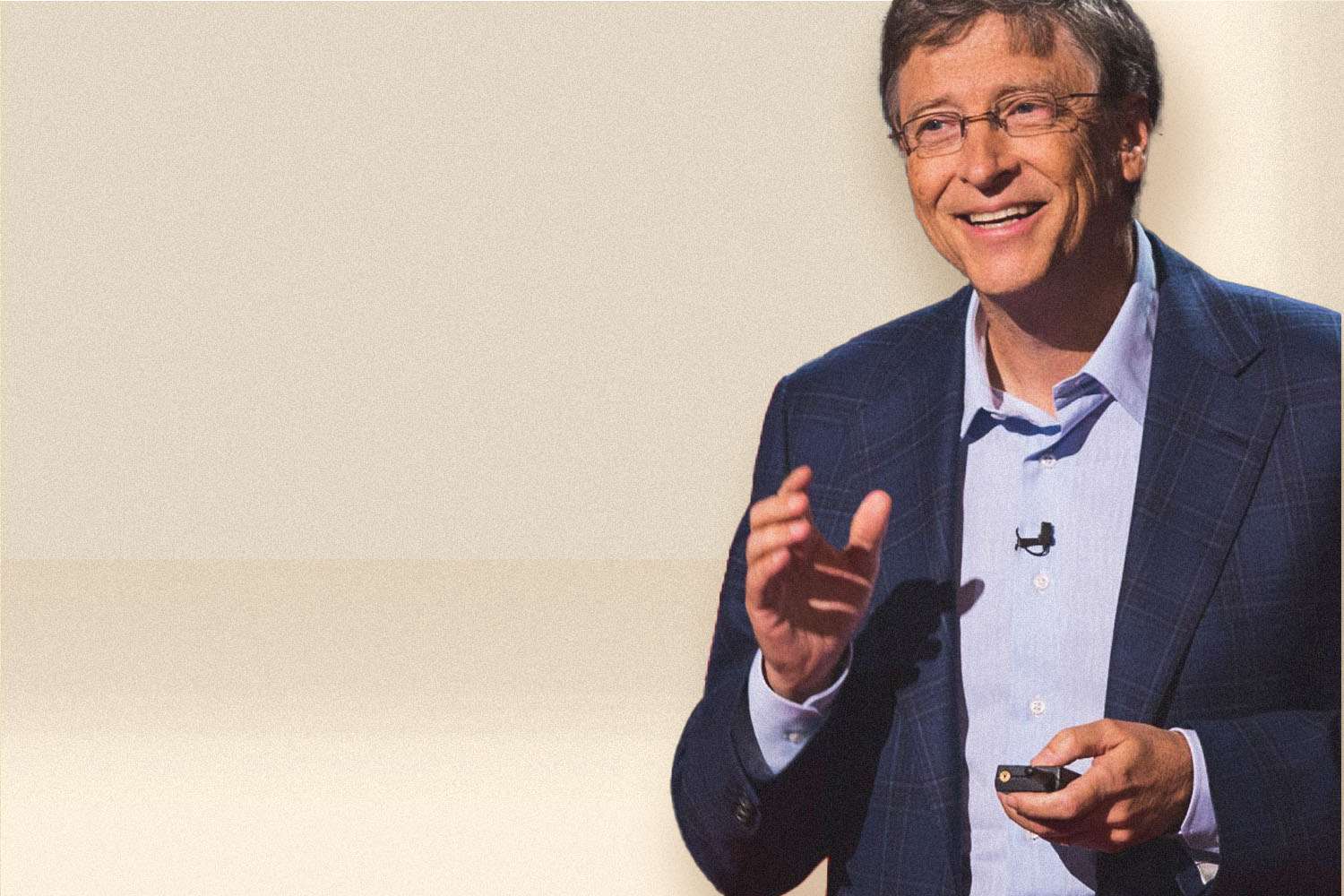Climate change may have met its match in the Microsoft co-founder.
“We need to get to zero emissions, and we’re going to need a lot of innovation to do it.” Bill Gates isn’t mincing words in his latest book, How to Avoid a Climate Disaster: The Solutions We Have and the Breakthroughs We Need, (February 2021, Knopf).
Now, the world’s fourth-richest man has raised more than a $1 billion to help tackle the climate crisis just like he tackled tech: with exacting precision and an eye for solutions.
Gates has secured the funding through his non-profit Breakthrough Energy’s Catalyst program, geared toward making clean technologies more affordable. The focus is on four sectors — green hydrogen, direct air capture, sustainable aviation fuel, and long duration energy storage.
Avoiding a climate disaster
“We need to be exploring many different paths — and that means we also need to invent new approaches,” Gates said in 2016 at the launch of the fund. “Private companies will ultimately develop these energy breakthroughs, but their work will rely on the kind of basic research that only governments can fund. Both have a role to play.”
Gates’ Breakthrough Energy and the EU launched a €100 million investment fund in 2018 designed to speed clean energy technologies to market.
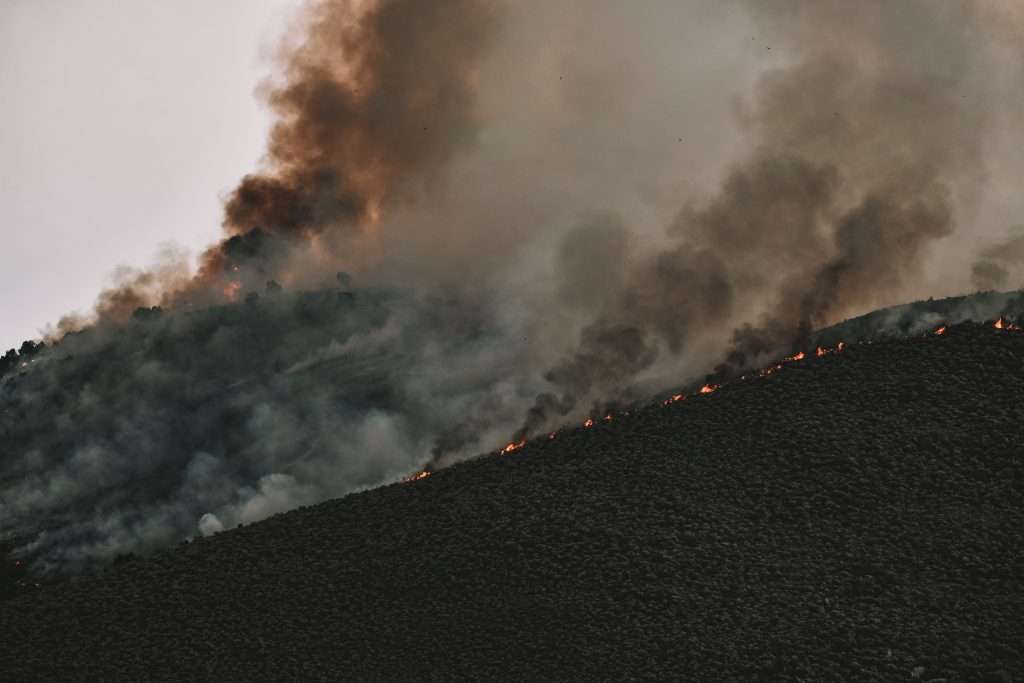
The new funding comes from seven key companies: American Airlines, ArcelorMittal, Bank of America, The BlackRock Foundation, Boston Consulting Group, General Motors and Microsoft. The program will work across business, policy, and philanthropic efforts to invest in and support “critical climate technologies”. The program aims to accelerate climate-smart technologies to help achieve net-zero emissions by 2050.
“Avoiding a climate disaster will require a new industrial revolution. Half the technology needed to get to zero emissions either doesn’t exist yet or is too expensive for much of the world to afford,” Gates said in a statement. “Catalyst is designed to change that and provide an effective way to invest in our clean technology future.”
The pandemic-climate connection
Gates warned of scenarios like the coronavirus pandemic back in 2014 as a result of our climate crisis. At a TED Talk in 2015, Gates predicted the catastrophe a pandemic would bring. He said it would be worse than a nuclear war.
His warnings about future pandemics sync with the climate crisis, specifically, the impact livestock have on the climate. The more than 55 billion land animals raised for food every year produce a staggering amount of emissions. Livestock creates at least 14.5 percent of total global greenhouse gas emissions, according to the United Nations’ Food and Agriculture Organisation—about as much as all transportation combined.
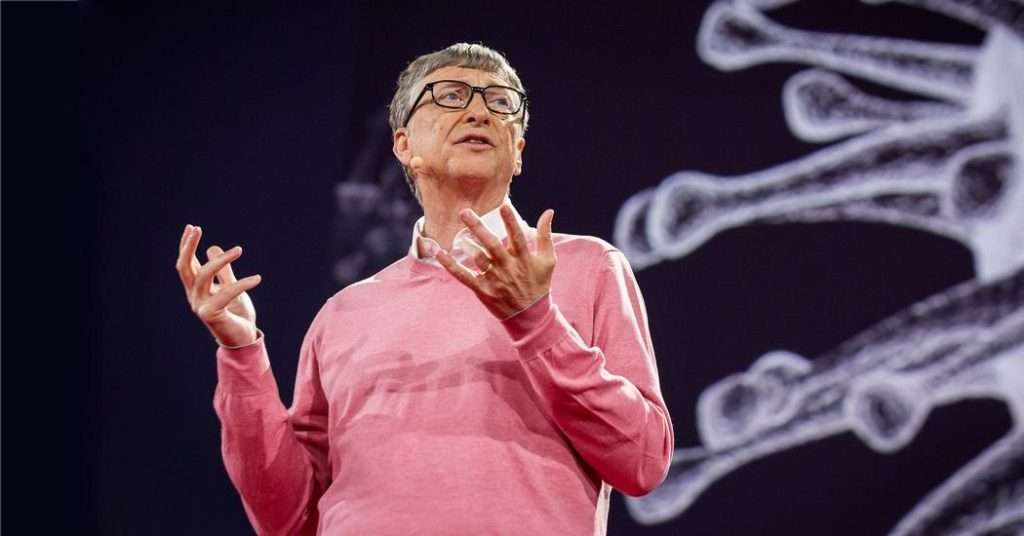
Gates is vocal about the need to shift away from our current food production models. And as the largest owner of U.S. farmland, he’s also in a position to help change the food landscape.
“[I]nnovation doesn’t happen overnight, and it will take decades for green products to reach a big enough scale to make a significant difference,” the Microsoft co-founder wrote in How to Avoid a Climate Disaster.
“In the meantime, people all over the world, at every income level, are already being affected in one way or another by climate change. Just about everyone who’s alive now will have to adapt to a warmer world. As sea levels and floodplains change, we’ll need to rethink where we put homes and businesses. We’ll need to shore up power grids, seaports, and bridges. We’ll need to plant more mangrove forests and improve our early-warning systems for storms,” he wrote earlier this year.
Bill Gates’ billions vs. GHGs
For Gates, solving the world’s malnutrition problems is intrinsically linked to solving the climate crisis. His focus continues to be on the world’s most vulnerable populations.
Not only do we need to take steps to reduce illnesses beyond the COVID-19 pandemic, but Gates says we need to empower those smallholder farmers. They don’t need electric cars, he argues. They need sustainable long-term solutions that provide nourishing food with a lower carbon footprint.
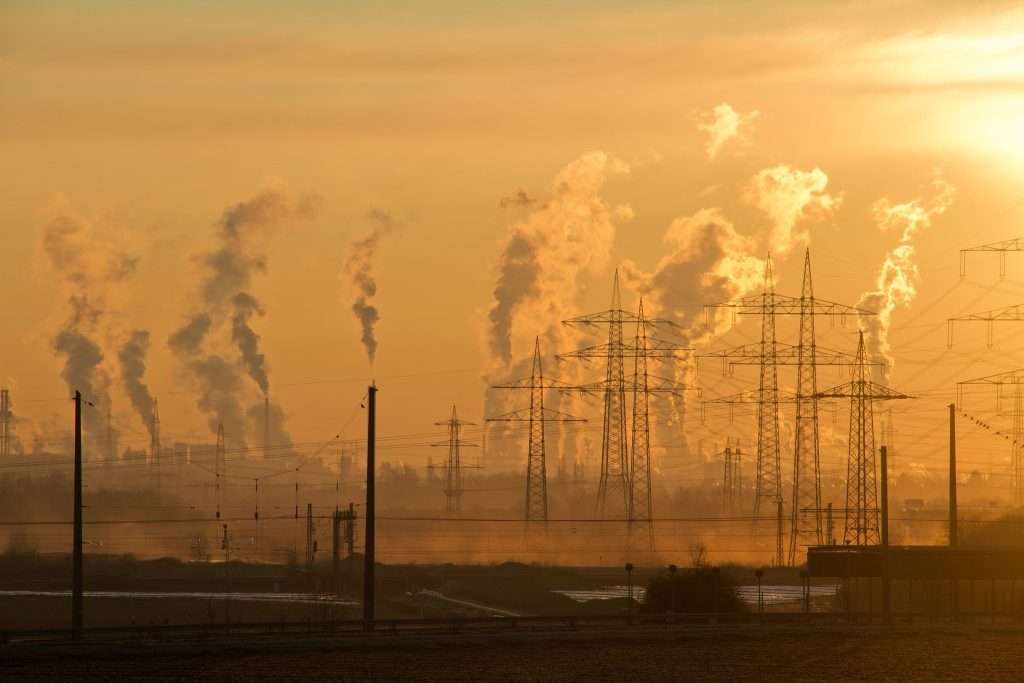
“Africa is responsible for only about 2% of all global emissions. What you really should be funding there is adaptation. The best way we can help the poor adapt to climate change is to make sure they’re healthy enough to survive it. And to thrive despite it.”
Gates calls for improved risk management for dealing with changing weather patterns — scenarios all but guaranteed as the planet continues warming. “[G]overnments can help farmers grow a wider variety of crops and livestock so one setback doesn’t wipe them out,” he says.
Green policy
Gates is also calling for policy decisions to reflect the immediate and long-term needs of the planet and the people most impacted by climate change.
“Very little money is funneled into helping farmers adapt; only a tiny sliver of the $500 billion that governments spent on agriculture between 2014 and 2016 was directed at activities that will soften the blow of climate change for the poor. Governments should be coming up with policies and incentives to help farmers reduce their emissions while growing more food at the same time.”
Cities play a role, too, according to Gates. Many have already seen an influx of urban gardens—New York City boasts indoor hydroponic growers, like Farm One, underneath a Tribeca Michelin restaurant. But it’s also got rooftop gardens galore, including Gotham Greens atop Whole Foods Market in Brooklyn. This we need more of, Gates insists.
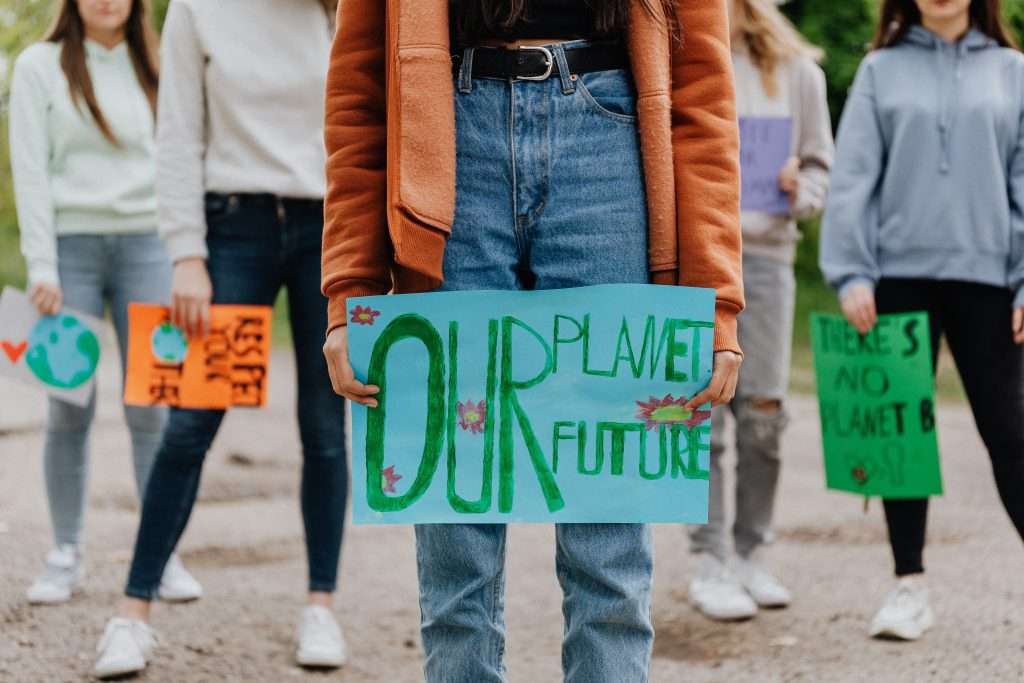
Gates also calls for urgent management and preservation of natural resources including old-growth forests and freshwater.
“Nearly nine million acres of old-growth forest were destroyed in 2018 alone, and when—as is likely—we hit 2 degrees Celsius of warming, most of the coral reefs in the world will die off.”
Tackling this, he says brings big benefits. So does better management of watersheds.
“Water utilities in the world’s largest cities could save $890 million a year by restoring forests and watersheds. Many countries are already leading the way: In Niger, one local reforestation effort led by farmers has boosted crop yields, increased tree cover, and cut the amount of time women spend gathering firewood from three hours a day to 30 minutes. China has identified about a quarter of its landmass as critical natural assets where it’ll make a priority of promoting conservation and preserving the ecosystem. Mexico is protecting a third of its river basins to preserve the water supply for 45 million people.”
With freshwater access one of the most urgent needs for the growing global population, Gates points to innovative technologies to assist beyond policy changes. From the expensive solar-powered dehumidifiers that filter and capture moisture from the air to the less sexy but necessary wastewater reclamation.
‘Farmer Bill’?
If farming and computer software seem like unlikely bedfellows, consider the Microsoft founder is now the owner of 242,000 acres of U.S. farmland, more than anyone else in America, according to the Land Report.
Gates owns land holdings in more than a dozen states, with more than 150,000 acres spread across Louisiana, Arkansas, Nebraska, Arizona, and Washington state.
The short answer is that Gates are diversifying their assets through the investments. (And, if you’re looking to parallel, at its core, farming is one of our earliest forms of technology — seeds + dirt + sunlight + water = food, is undoubtedly a bit of programming, is it not?)
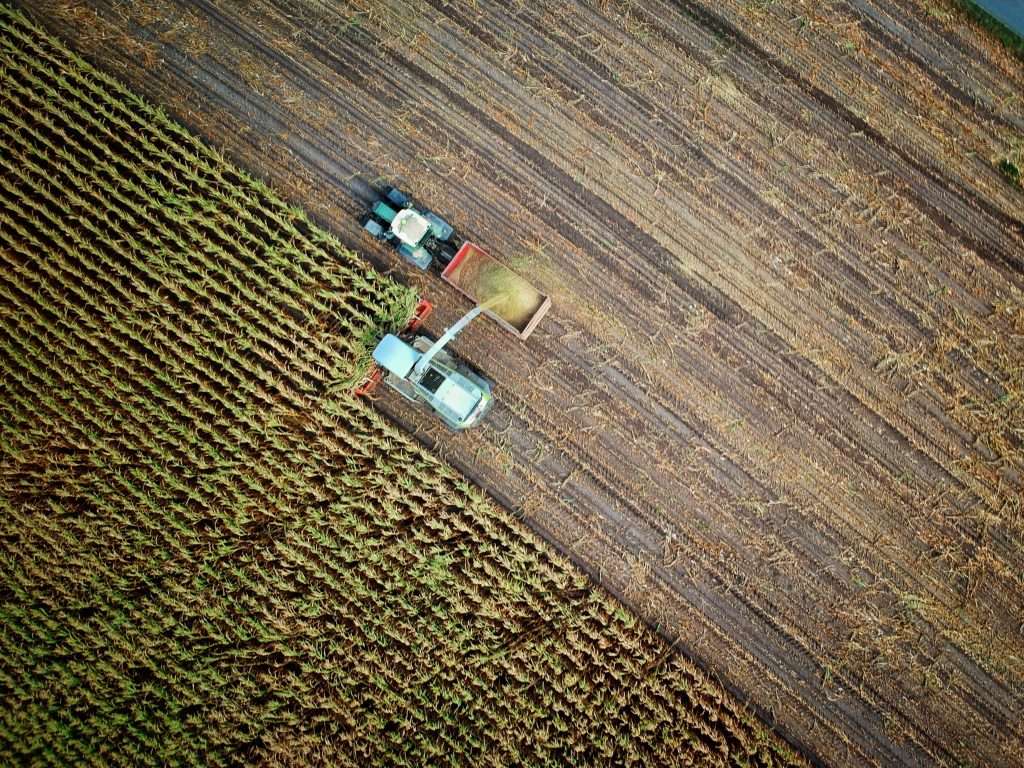
But this isn’t just about distributing holdings. There are lots of ways to do that. Gates has been investing in agriculture in other ways for years. For nearly two decades he’s been assisting farmers in developing countries. The Bill & Melinda Gates Foundation has given hundreds of millions of dollars in grants to small farmers across Africa and around the world. They’re not just interested in helping the farmers thrive, but they want to see it done in a sustainable way.
Last year, the now-divorced couple created the nonprofit Gates Ag One, which also works to support agriculture efforts in developing countries. The organization notes its mission is to help “small-holder farmers adapt to climate change and make food production in low- and middle-income countries more productive, resilient, and sustainable.”
Cascade Investment, the Gates’-run holding company, says it’s supportive of sustainable farming, which has been at the crux of the Gates Foundation’s poverty-relief efforts.
The problem with livestock
A study published last November found that if we don’t address the massive global meat and dairy problem, there’s no way of meeting the Paris targets of keeping global temperatures from rising less than 2 degrees [Celsius].
This means that even if all other emissions-producing human activities ceased, we will still not meet targets until we stop eating animals.
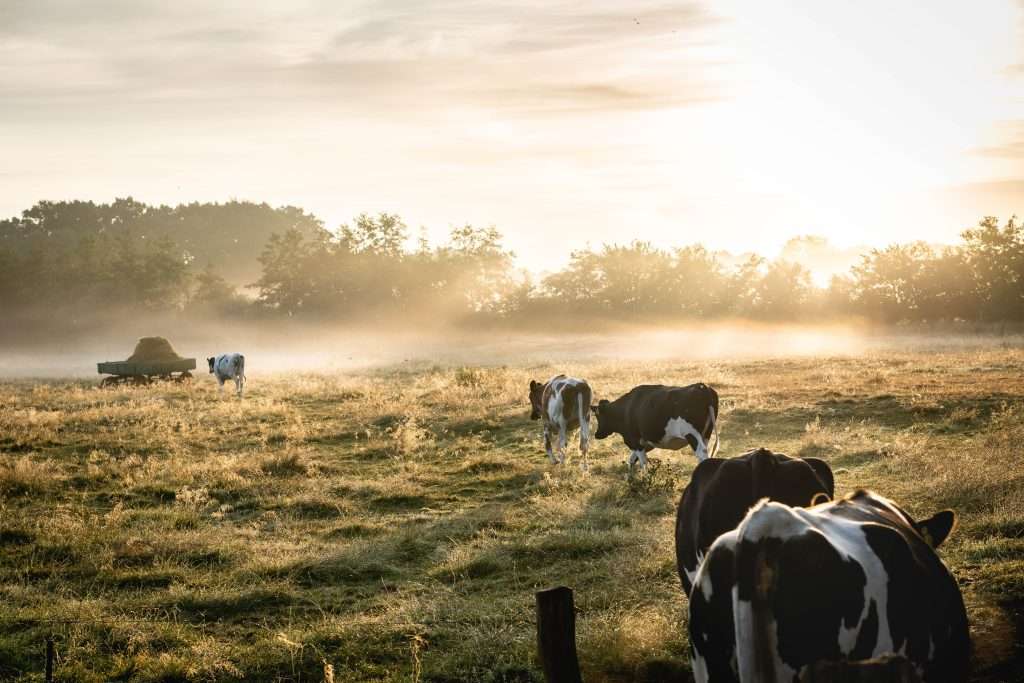
The World Health Organization has been warning against the consumption of animal products for more than a decade.
It flagged antibiotic resistance and other zoonotic diseases as potentially devastating in 2014, warning of the “post-antibiotic era”. Coronavirus, it turns out, could be just the tip of the pandemic iceberg if we continue eating animals.
There are other health risks, too — the WHO now categorizes processed meat as likely carcinogens alongside tobacco and asbestos, for example. The list of issues with animal products runs long and deep. At the same time, the benefits of a vegan diet for our health and the planet keep bubbling to the surface.
A new food system
Fixing our food system is not Impossible. Or, rather, in an Abbott and Costello kind of way, it’s entirely Impossible. And even, Beyond.
The tech guru was an early investor in food solutions like Beyond Meat Impossible Foods. Gates invested in Beyond Meat in 2013 and led a $75 million investment into Impossible Foods in 2017. The Bay Area vegan meat company behind Burger King’s Impossible Whopper. Its goal is to disrupt the meat industry and make it obsolete.
“I think people are increasingly aware plant-based products are going to completely replace the animal-based products in the food world within the next 15 years. That’s our mission. That transformation is inevitable,” Impossible Foods founder Pat Brown told CNBC’s Jim Cramer last year.
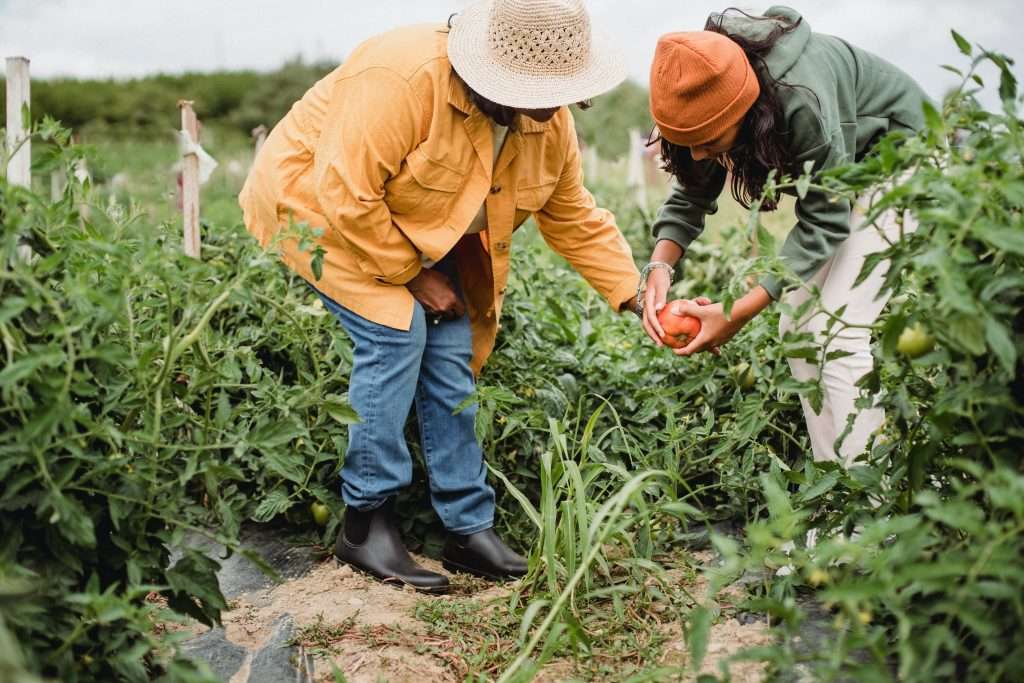
Could Gates now help supply the booming vegan meat industry with all of his farmland?
Impossible Foods founder Pat Brown is not shy about the company’s role in ushering in the “end of meat”. And it’s going to need a lot more plants to reach its goal.
“[P]eople are increasingly aware plant-based products are going to completely replace the animal-based products in the food world within the next 15 years. That’s our mission. That transformation is inevitable,” Brown told CNBC “Mad Money” host Jim Cramer last June.
“From a nutritional standpoint our products match the protein quality and content of the animal products that they replace” and “ours is a clear winner from a health and nutrition standpoint,” he said.
It isn’t clear what’s on all of the land Gates now owns, but all of it is classified as farmland—meaning it’s farmable. (By comparison, the largest landowner in the U.S. is Liberty Media Chair John Malone, who owns 2.2 million acres of ranches and forests, not all of which is classed as farmable.)
Protein 2.0
If Gates wants to use his land to support a sustainable food system, livestock isn’t the way. He knows this.
Today’s meat and dairy industries, while technically classified as farmland, are, more often than not, nothing remotely resembling what we think of farms looking like. Certainly not the sustainable farming Gates is so keen on. There are no rolling hills or green pastures. Much of it—that is tens of billions of animals every year—are confined in metal sheds all shadowed by toxic waste lagoons.
Even if Gates doesn’t turn his farmland into Impossible Burger “software,” he could keep it from being used for livestock. And that’s just as important. Maybe even more so than what he puts on the land. Rewilding, studies show, is just as beneficial as growing carbon-sequestering plants.
Gates has even moved further away from promoting livestock, recently.
“Cows alone account for about six percent of global emissions so we need to change [that],” Gates said in 2019 during an interview on The David Rubenstein Show.
Gates then praised the Impossible Burger.
“It’s slightly healthier for you in terms of less cholesterol, it’s, of course, a dramatic reduction in methane emissions, you know, animal cruelty, manure management, and the pressure meat consumption puts on land use,” he said.
Last year, in a video with YouTuber Mark Rober, Gates took issue with livestock production once again.
“The agriculture sector is about 18 percent of overall emissions, but livestock is about half of that 18 percent. Almost all of that is beef,” Gates said.
This time he also pointed to the strains on developing countries and the impact climate change is having.
“One of the great tragedies about climate is that it’s the poorest in the world, the farmers who live barely near to the equator, that all this heat and flooding and droughts – they’re going to suffer by far the most.”
Whatever he’s planning for that farmland, it looks like he’ll be weighing the consequences heavily.
“If you’re just trying to get people to cut back [on emissions-intensive activity], don’t eat meat, don’t drive to work, don’t take trips,” he said. “[I]t’s such a dramatic set of sacrifices that everybody has to engage in that without innovation we’re probably going to go way past the [Paris Agreement] two degrees.”
A climate out of crisis?
There’s no price tag to all of this—even for the fourth-richest man in the world. All of this is the necessary, urgent route to emissions mitigation, says Gates. It’s too many things all at once. But he says it’s an opportunity with great returns. He estimates a $1.7 trillion investment will yield more than $7 trillion in benefits.
“Whichever way you think about it, the economic case is clear, and so is the moral case. Extreme poverty has plummeted in the past quarter-century, from 36% of the world’s population in 1990 to 10% in 2015—although COVID-19 was a huge setback that undid a great deal of progress. Climate change could erase even more of these gains, increasing the number of people living in extreme poverty by 13%,” he writes.
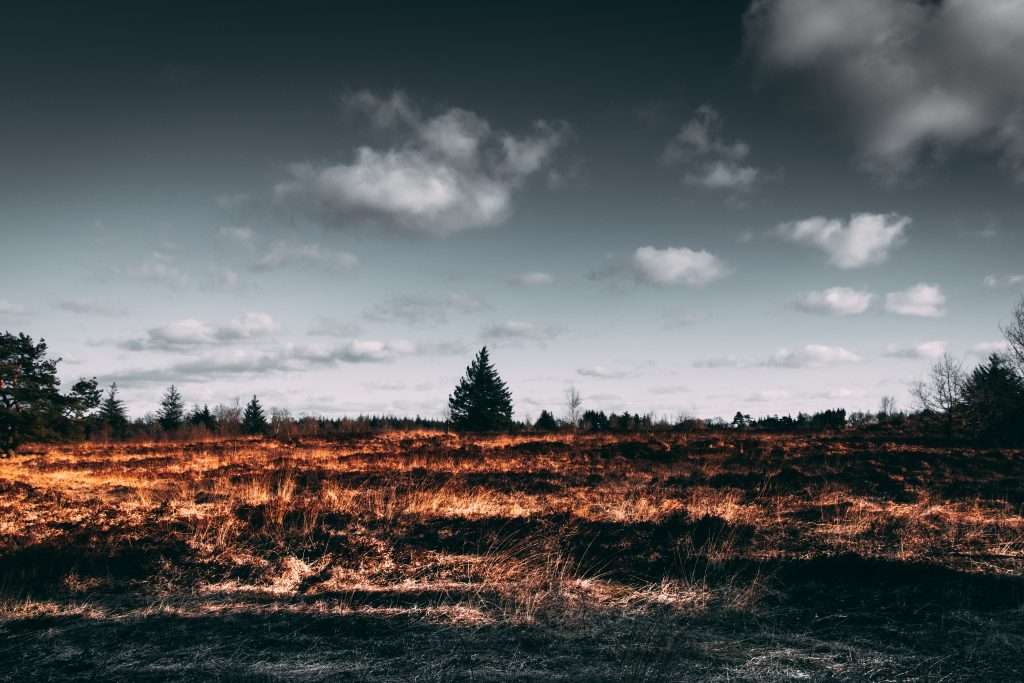
“Those of us who have done the most to cause this problem should help the rest of the world survive it. We owe them that much.”
Greening our biggest tech industries is critical in protecting these resources and public health, Gates says.
“By working with this growing community of private and public partners, Catalyst will take a global view of the energy innovation landscape – the key technologies, leading-edge companies, financing partners, and pivotal policies – and fund the projects that will have the greatest positive impact for our planet.”

